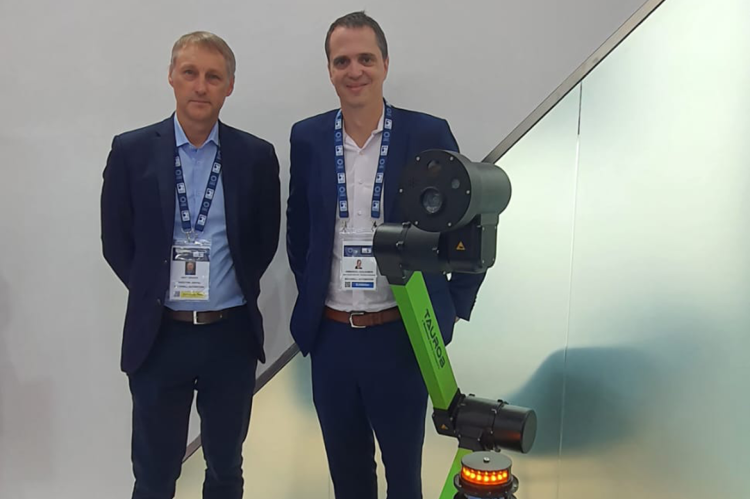Current Developments in Pipeline Automation and Monitoring—Emmanuel Guilhamon

Automation and digitization of pipeline systems remain key to improving efficiency, increasing productivity, and reducing operation costs by making repetitive cumbersome work done automatically by advanced artificial intelligence-based systems.
According to Emmanuel Guilhamon, EMEA Process Industries Manager - Strategic Accounts at Rockwell Automation, robotics is becoming more prevalent in the oil and gas industry following rapid developments of AI and ML-based systems over the past years.
“The maturity of robot technology is now reaching a point where robots are reliable and deployable in operations,” says Guilhamon, adding that Rockwell Automation has partnered with a number of Robot providers to provide automation solutions.
“Going along with our digital solutions, we're also able to provide cyber security infrastructure— be it the hardware side of things, networks, or the software layer of the capabilities for detection and dealing with an attack,” he added.
In addition to robots, Rockwell also offers digital solutions to automate the robots using digital twin and mission management fully. “We call it the robot Metaverse,” says Guilhamon, adding that Rockwell also has a partner robot company called Taurob, their robots are designed for O&G applications.
According to the expert, robots can help improve the pipeline inspection process—one of the challenges of managing pipelines in the oil and gas industry. As such, many companies are investing much money in drone pipeline inspection to save on the cost and hours of manpower used during a physical inspection.
“The robot Metaverse and automated robots’ solution can help to automate the pipeline management processes to save time and manpower. So, you can have one of these robots in charge of a docking station at certain points along the way. It can also operate for days on end, automatically going along the pipeline, taking pictures, and getting those pictures analyzed so we can put machine learning on some of these pictures that would enable the detection of a leak, for example, reading of gauges and that kind of thing,” Guilhamon explained.
The pipeline industry is unique in the sense that every decision is accompanied by relevant data. As such, each pipeline network includes thousands of ever-changing variables – ranging from on-site equipment to employees.
Keeping track of these thousands of ever-changing data points using traditional paper-based reporting is error-prone and time-consuming, putting operators and managers under more strain. Therefore, having a fully integrated workflow and reporting system increases efficiency and reduces risks.
Building and maintaining a digital database helps to initiate fast and well-informed decision-making.
Rockwell Automation has a joint venture with Schlumberger (SLB) called SENSIA, the oil and gas industry’s first fully integrated automation solutions provider.
“Basically, SENSIA combines SLB's extensive knowledge of the oil & gas industry and petroleum engineering with Rockwell's capabilities in automation to bring some solutions used to automate reservoir management production of oil fields, which is quite unique on the market.”
